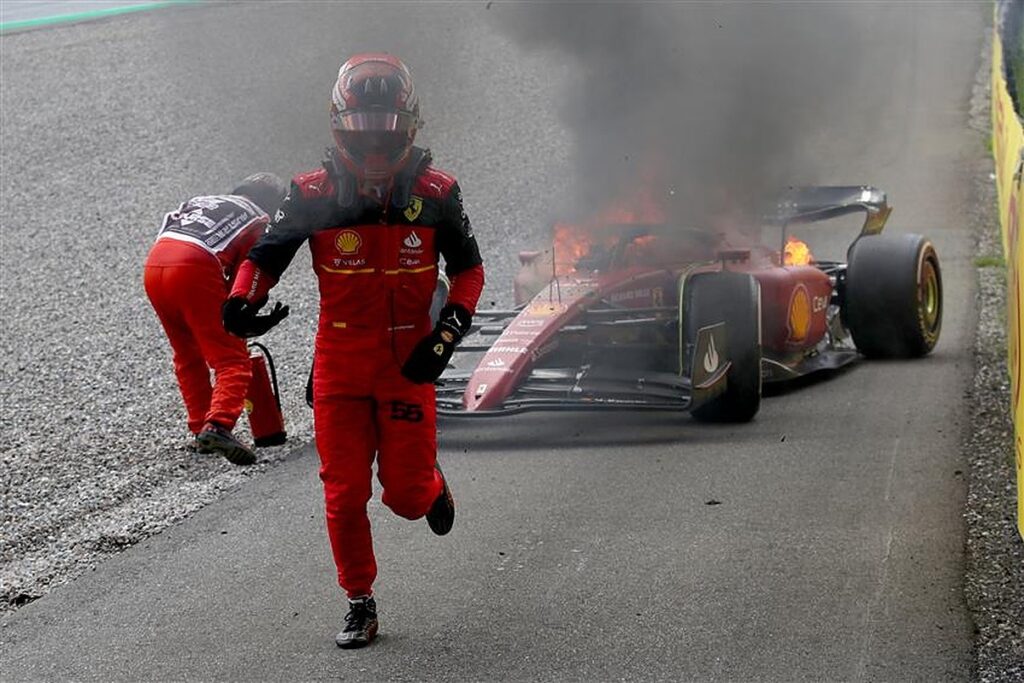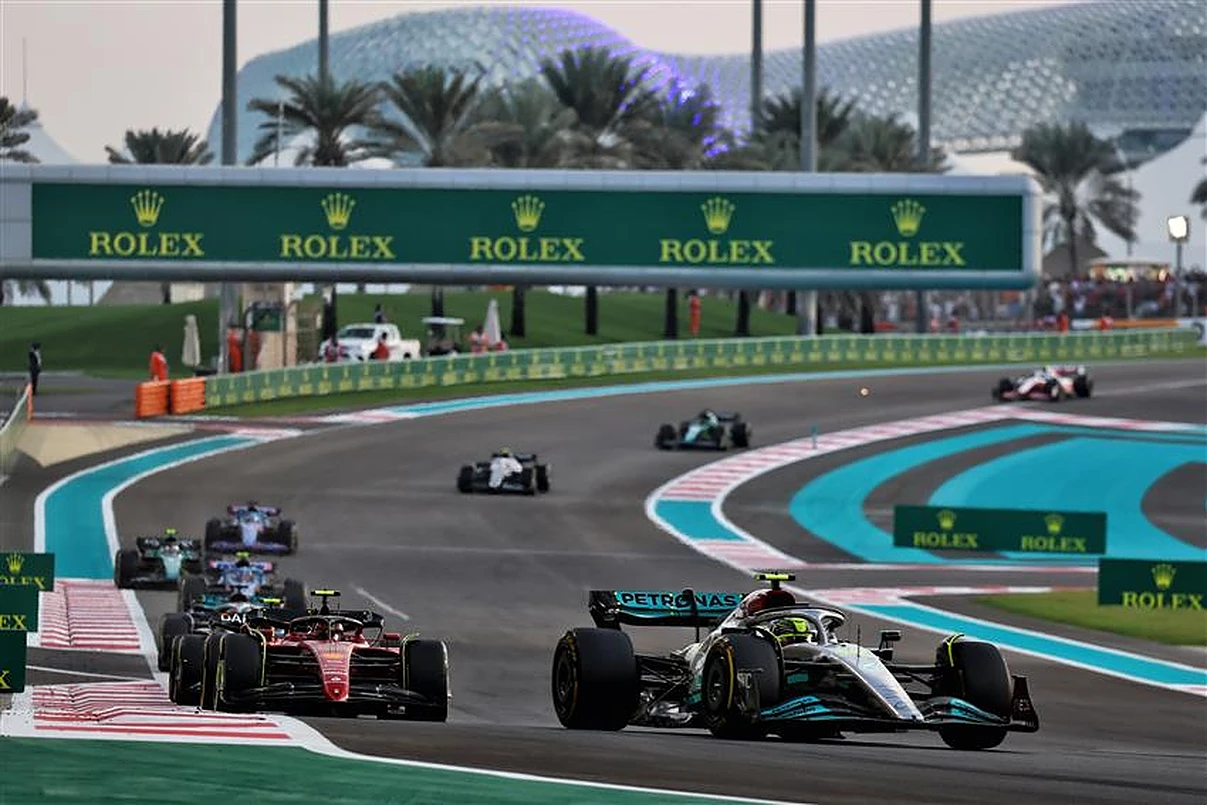Every season each F1 team has a set number of engine components that they are allowed to use.
Wear and tear, failures and crashes can all lead to a team having to change some of these components going into a race weekend, sometimes even going over the allowed limit.
Should a team be forced to go over their allowance for the season, the car in question will receive a grid penalty relative to how many components of the engine have be changed that are over the allowance.
While this appears to be a fair punishment for teams exceeding their component quantity, teams have recently been accused of making tactical engine changes, choosing to serve these almost inevitable penalties at tracks where it would be easier to overcome the deficit.

READ: Lewis Hamilton ‘devastated’ by death of ‘amazing person’
For example, a driver would stand a much better chance of securing a good result if they took a grid penalty in Brazil, where overtaking on the straight is easy, rather than Monaco, where overtaking is almost impossible.
The FIA have hinted that they may look to change these regulations in order to prevent these tactical changes, opening talks with sporting directors to try and find a solution.
It has been suggested by the sporting group that the best way to counter this problem would be to enforce a penalty that must be served during the race rather than before it.
READ: ‘Nice to see’: Sebastian Vettel opens up on Charles Leclerc relationship
Teams could be forced to serve a time penalty during the race of up to 30 seconds depending on how many components they have changed, meaning that drivers would suddenly lose track position during a Grand Prix, making it extremely difficult to recover the lost positions.
It has also been suggested that a points deduction could be the appropriate way to deal with such a misdemeanour, with points automatically being taken away from a drivers’ tally as soon as they go over the parts limit.
It is expected that a formal proposal regarding these potential changes could be made by the end of January, meaning that there would be appropriate time for the new engine regulations to come into effect by the time the 2023 season begins in March.

